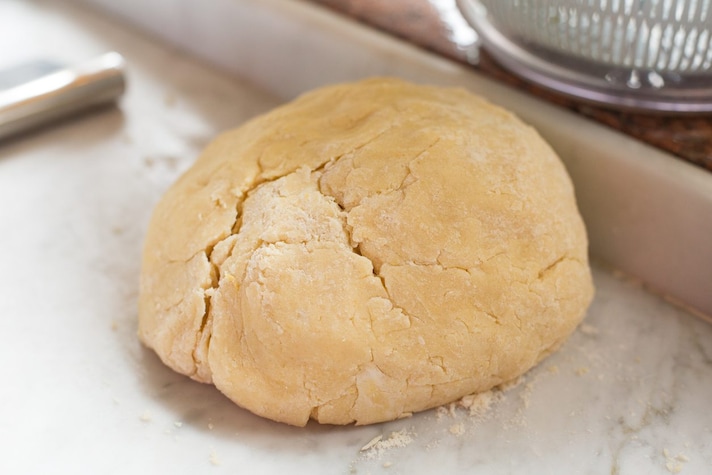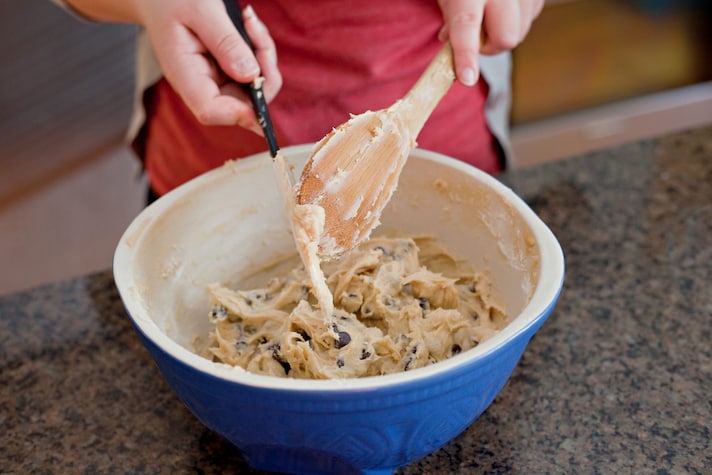;)
When baking, one important stage you can’t joke with is the hydration of the dough. It is one of the main stages in the preparation of baked products, and the quality of the dough depends on the characteristics of the finished product, so great execution is fundamental to obtaining an excellent end product.
All flours improve if hydrated in the right way, but for gluten-free flours, hydration is more essential. Below are various things you can bake, complete with why and how long the dough should be left in the fridge.
Brisee and Sucree Pate

Shortbread biscuits and cakes are prepared with crumbly dough that contains butter, so it is important to let them rest in the refrigerator before rolling them out. Doing this helps because the fat, now at room temperature, must re-solidify, and flour, made elastic by the addition of liquids, must lose its elasticity.
Crumbly doughs left to rest in the refrigerator lose elasticity, become more stable, and do not shrink when they are rolled out. These kinds of dough can be stored raw in the refrigerator at + 4°C for a week. After this period, it begins to be less workable and loses flavor.
Cookie

To get the maximum flavor and best consistency, these should be prepared with a paste that has rested in the refrigerator before cooking. Baking cookies immediately after mixing them with flour, liquids, and fats does not give them time to amalgamate, so there is a risk of having little tasty and soggy biscuits.
The rest should be at least 6 hours in the refrigerator; during this time, the flour will completely absorb the egg. The result will be a dry dough that will guarantee biscuits with clean edges a delicious external crust, and an intense flavor.
Pancakes

The pancake batter should also be left to rest in the refrigerator overnight because:
- It becomes dense, and the liquid and dry ingredients are well blended and do not force you to stir the dough continuously while we cook
- Leavens better
- Cooks more evenly
Factors that influence refrigerator rest

In conclusion, here are some factors that influence refrigerator rest when dealing with dough:
- The percentage of yeast compared to the weight of the flour
- The type of dough (its complexity)
- The higher the amount of fat, sugar and eggs there are in the dough, the longer it will take to rise, both inside and outside the fridge
- The ambient temperature in relation to the quantity of the dough
- The temperature of the refrigerator
- The fridge temperature must be 4 degrees, the dough must be placed in the coldest area to block the activity of the yeast correctly
- The flour used
- Hydration
;Resize,width=767;)
